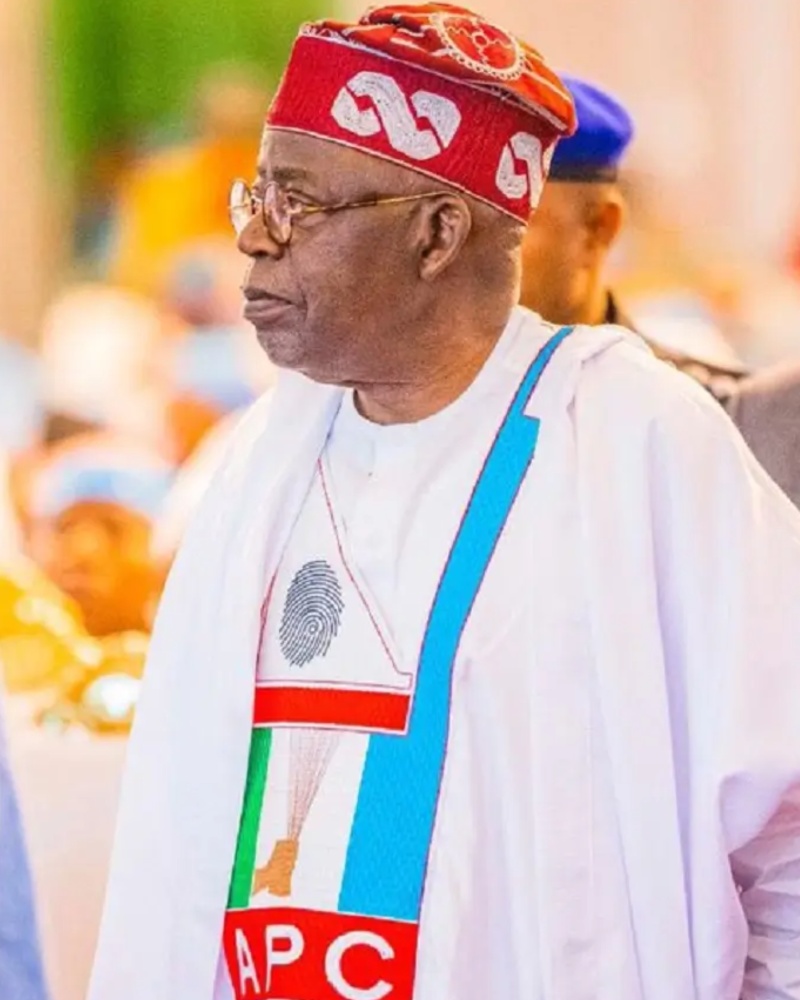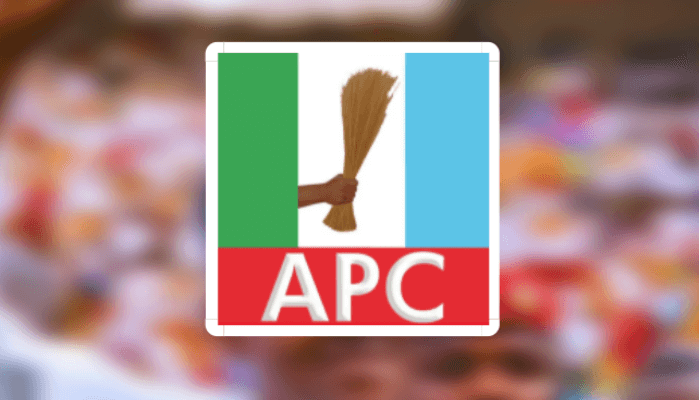Kenya has taken a proactive step in addressing issues within the avocado sector by establishing an avocado task force committee. This committee, comprised of exporters, farmers, shippers, and aggregators, has been given a 30-day deadline to propose actionable solutions to enhance the industry.
Led by Wanjiku Wakogi, the Chief of Staff in the office of the Deputy President, the task force aims to address concerns raised during a recent stakeholders meeting. Their mission is to identify and tackle challenges that are hindering the sector’s growth and potential.
Representatives from key avocado-growing regions such as Central Kenya, North Rift, and Western region are part of the task force, ensuring a diverse range of industry involvement in the decision-making process.
The formation of the task force comes after a meeting convened by Deputy President Rigathi Gachagua in response to farmer complaints about the Kenya Revenue Authority’s imposition of taxes on avocado farmers. Gachagua emphasized the negative impact of the current finance Act on farmers and called for dialogue between avocado stakeholders and the National Treasury to find a solution.
Members of the task force include Munyi Wanjohi, Chairman of Avocado Aggregators of Kenya, Ojepat Okisegere, CEO of Fresh Produce Consortium of Kenya, and Beth Ihomba representing MAERSK Shipping.
The task force held its inaugural meeting at the Harambee House Annex, demonstrating a sense of urgency in addressing the issues at hand. Gachagua reaffirmed the government’s commitment to working with stakeholders to maximize returns from avocado farming and alleviate farmers’ grievances.
The government is considering amendments to the Finance Act of 2023 to provide tax relief to avocado farmers, allowing them to file through the Electronic Tax Invoice Management Systems (e-TIMS).
Overall, the avocado task force is dedicated to finding practical solutions to enhance the avocado sector in Kenya and ensure the prosperity of farmers and industry stakeholders.



